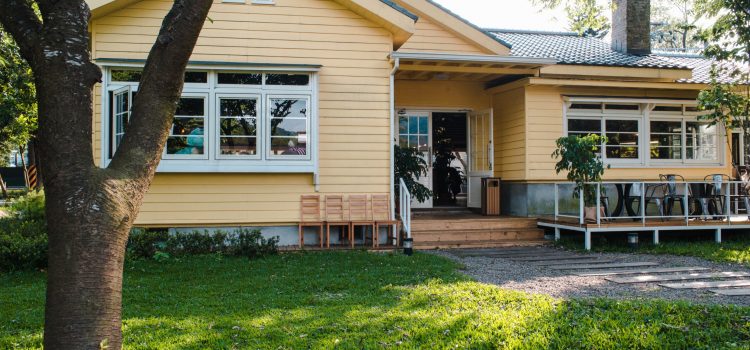The marital home is a significant financial and emotional asset. In Massachusetts, courts strive for equitable distribution, factoring in contributions, finances, custody, and fairness—not simply dividing assets 50/50. Options typically include selling the home, one spouse buying out the other, or creating arrangements that support children’s stability. Temporary orders during proceedings and financial realities like mortgage obligations and maintenance costs also play a big role.
For many couples, the marital home is the most valuable property they own and the place where their children have grown up. When divorce becomes inevitable, questions about who will live in the home, both during and after the proceedings, often cause significant stress. In Massachusetts, the marital home is treated like any other property subject to division, but its importance to the family means it often requires special consideration.
Who Stays in the Marital Home While the Divorce is Pending: Temporary Living Arrangements
During a divorce, the court may issue temporary orders about who can live in the marital home. If a home situation is toxic or dangerous, the Court may issue an Order for one of the parties to vacate the home. If children are involved, judges generally prioritize stability and may allow the parent who has been the children’s primary caregiver to remain in the home while the case is pending. Often, both parties will remain in the marital home due to limited financial ability to pay for the cost of supporting two separate households. Sometimes, the parties will create a nesting arrangement where the children stay in the home while the parents rotate who is there with them in accord with a parenting schedule. If one parents ends up in the home while the divorce is pending, it does not mean that parent will automatically keep the home after the divorce, but it provides continuity for the children during a difficult time.
Equitable Division in Massachusetts: Factors to Consider When Determining What Happens to The Marital Home
Massachusetts follows the principle of equitable division of property. This means the court divides assets in a way that is fair, though not always equal. When determining what should happen with the home, judges consider the length of the marriage, the financial and non-financial contributions of each spouse, and the future needs of both parties. For example, if one spouse stayed home to raise children, that contribution is recognized as equally valuable as the other spouse’s financial earnings.
Options for the Home After Divorce
When the divorce is finalized, there are several common options for handling the marital home. One spouse may buy out the other’s interest, allowing them to stay in the home while compensating the other for their share of equity. Another option is selling the home and dividing the proceeds between the parties. In some cases, particularly when young children are involved, courts may allow one spouse to remain in the home for a limited set period of time before it is sold. The option chosen depends on the financial circumstances and needs of each spouse. There are also tax consequences to consider when determining a the period of time to accomplish a buyout of one spouse’s equity in the home after the divorce.
Considering Non-Financial Contributions
Massachusetts courts place great weight on contributions that are not financial in nature. A spouse who left the workforce to care for children or manage the household is still viewed as having contributed to the marital estate. This recognition ensures that spouses who sacrificed career opportunities to support the family are not disadvantaged when the marital home is divided.
Protecting Your Rights in Divorce
Disputes about who stays in the marital home can be a complex factor because the marital home often carries significant financial and emotional weight. Courts aim to balance fairness with practicality, but outcomes depend heavily on each family’s circumstances. Often, if parties cannot agree on a buyout price, the Court will simply Order the property sold and the proceeds equitably divided.
If you are facing divorce and have questions about remaining in your home or receiving your fair share of its value, it is important to seek legal advice. Contact Berid & Schutzbank today to learn more about your rights in the division of marital property and to discuss how an attorney can help protect your interests.





